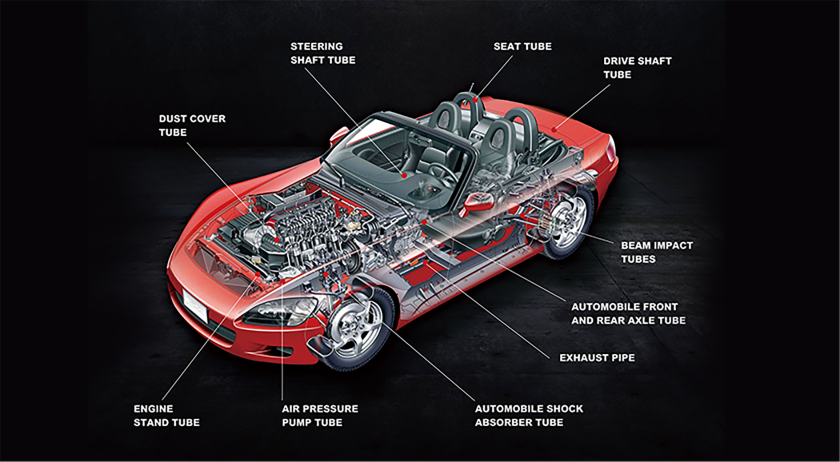
Understanding Motorcycle Handlebar Types
Motorcycle handlebars play a crucial role in both the aesthetics and handling of a motorcycle. Different types of handlebars can significantly affect the riding experience, influencing comfort, control, and the overall style of the bike. In this article, we will explore various types of motorcycle handlebars, their characteristics, and how they impact motorcycle performance.
1. Clip-On Handlebars
Clip-on handlebars are a popular choice for sportbikes and racing motorcycles. They are designed to attach directly to the fork tubes, allowing for a lower and more aggressive riding position. This design helps improve aerodynamics and control during high-speed rides. The main drawback is that they can cause discomfort during long rides due to their forward-leaning position. Riders who prioritize speed and handling often opt for clip-on handlebars, as they provide a direct connection to the bike's front end.
2. Ape Hanger Handlebars
Ape hanger handlebars rise high above the rider's seat, giving a distinctive look often associated with choppers and cruisers. These handlebars allow for a relaxed riding posture, as the rider's arms are raised, creating a laid-back vibe. However, the higher the handlebars, the more they can affect handling at high speeds, potentially leading to instability. Nevertheless, many riders appreciate the aesthetic appeal and sense of freedom these handlebars provide.
3. Drag Bars
Drag bars are typically low-profile, straight handlebars that offer a minimalist aesthetic and a riding position that leans slightly forward. They are favored among drag racers and streetfighters for their sleek design and ability to enhance aerodynamics. Riders can expect a sportier stance with drag bars, which enables better control during rapid acceleration. However, this position can also lead to discomfort on longer rides, making them more suitable for shorter, spirited adventures.

4. Standard Handlebars
Standard handlebars are a versatile option, providing a good balance between comfort and control. They are often found on standard motorcycles, touring bikes, and cruisers. The height and width of standard handlebars allow for an upright riding position, which is comfortable for a wide range of riders. These handlebars are ideal for long-distance rides, offering a relaxed stance that doesn't compromise on control.
5. Bend Handlebars
Bend handlebars are characterized by their unique shape, which includes various angles and curves. They can range from mild to extreme designs, offering riders the ability to customize their riding experience. The unique angles can provide various benefits, such as improved wrist comfort and an optimal riding position. Many adventure and dual-sport motorcycles utilize bend handlebars due to their versatility in different riding conditions.
6. Beach Bars
Beach bars are similar to ape hangers but typically feature a wider, more relaxed curve. They evoke a classic style, often seen on vintage bikes and cruisers. The wider stance allows riders to stretch out their arms, promoting a comfortable and casual riding position. Like ape hangers, beach bars can impact handling due to their height but are favored for their iconic look and comfort on leisurely rides.
Conclusion
Choosing the right handlebars for your motorcycle is essential for both functionality and aesthetics. Each type of handlebar offers unique advantages and influences the motorcycle's handling dynamics. Riders should consider their riding style, intended use, and personal comfort preferences when selecting handlebars. Ultimately, the right handlebars will enhance the overall riding experience, combining style with performance for a fulfilling motorcycle journey. No matter what type of motorcycle you ride, understanding handlebars can help tailor your experience to your exact needs and preferences.